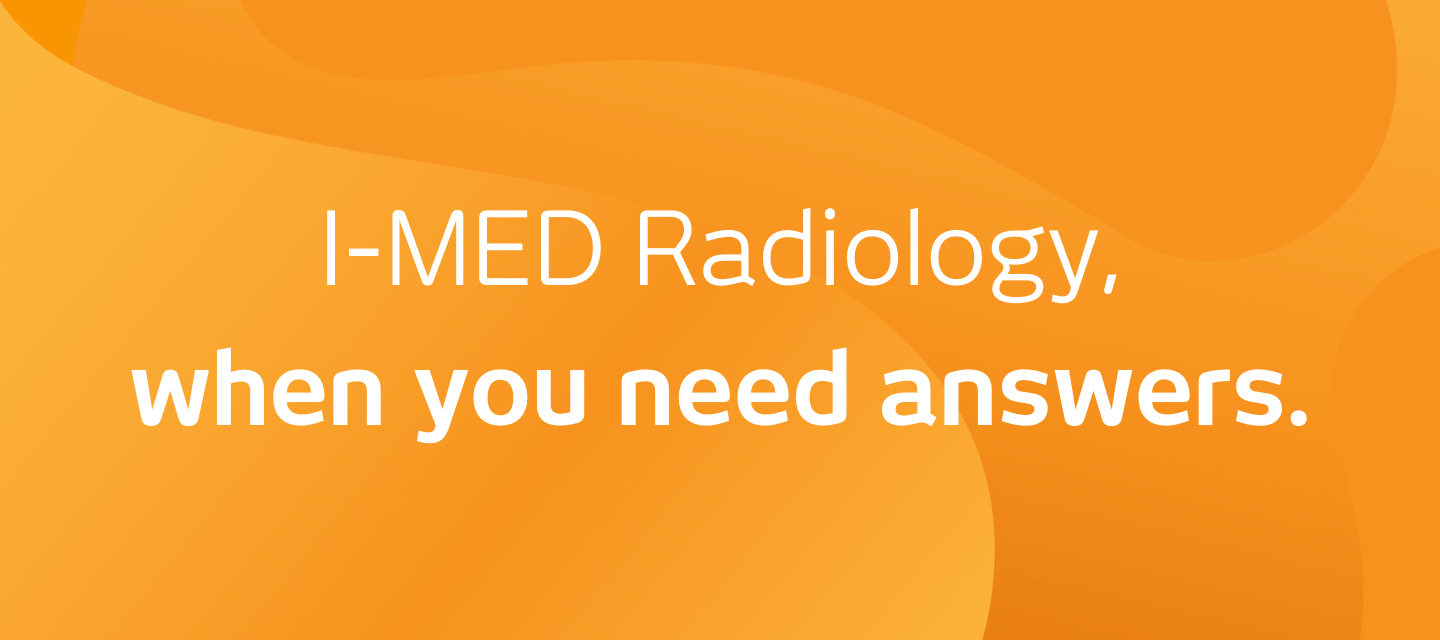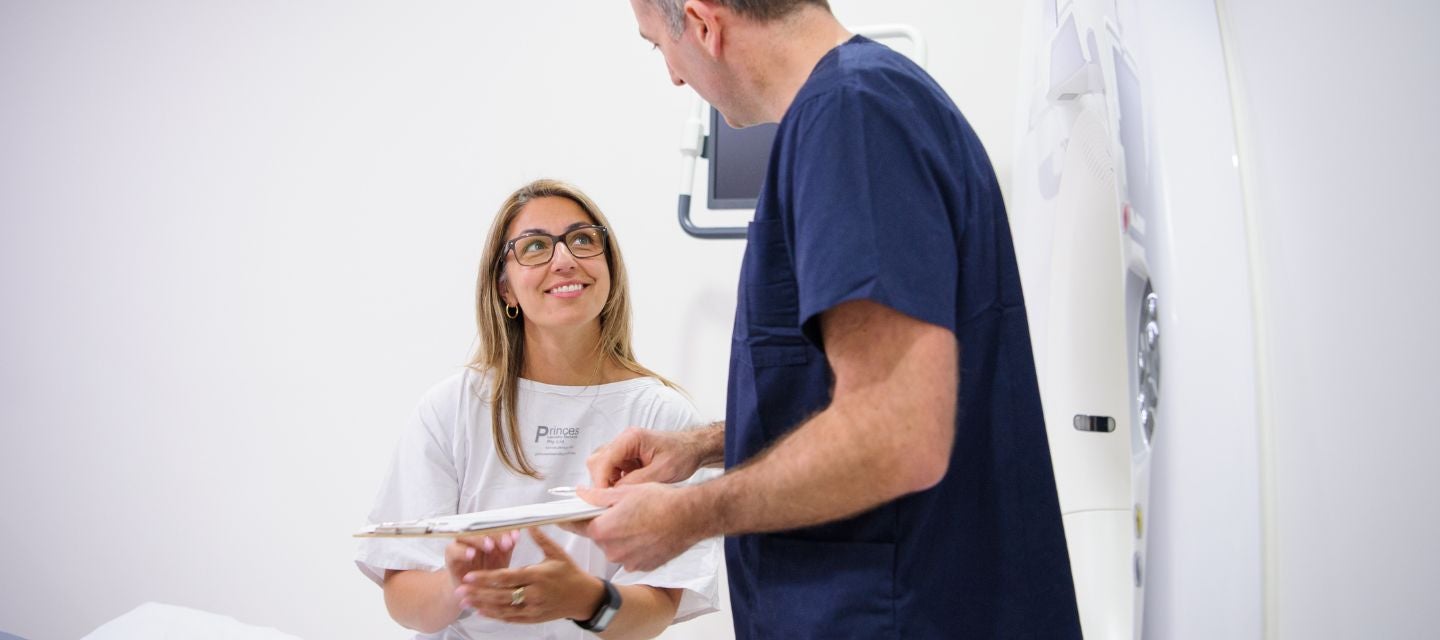When would I need a CT scan?
Computed tomography (CT) uses sophisticated x-ray technology to take images of parts of the body in very fine slices. The fine detail allows accurate diagnosis of a variety of illnesses and injuries. Your doctor might request a CT scan for you in one of the following circumstances: injury assessment or trauma, tumour detection & restaging, cardiac (heart) assessment, infection or inflammation, and blood clots.
Benefits of CT imaging
- CT scans provide highly detailed images of internal structures, allowing doctors to detect even small abnormalities.
- The procedure is relatively quick and painless, usually taking only a few minutes.
- CT scans can be used to examine various parts of the body, including the brain, chest, abdomen, and extremities.
- The images obtained from CT scans help doctors plan and guide treatments.
- In emergency situations, CT scans can quickly assess injuries or conditions, aiding in immediate medical decisions.
Contrast (iodine) dye
In some cases, a contrast dye may be used during a CT scan. This dye, often containing iodine, helps highlight certain areas of your body, making them more visible on the scan. Some people may be allergic to the contrast dye, so it's essential to inform your doctor, and our team, about any allergies or previous reactions to contrast agents.
Why choose I-MED Radiology for your CT scan
Convenience
Use our online booking platform to schedule your CT scan at a time that suits you. All referrals accepted.
Expertise
Access Australia’s largest group of medical specialists with our extensive team of sub-specialist radiologists.
Accessibility
With 176 CT scanners across our 230 clinics, our network ensures access to advanced imaging technology and expert care.
Safety
We ensure patient safety with exceptional image quality, using advanced radiation monitoring for accurate, low-dose CT scans. Our national radiation monitoring system tracks and optimises radiation doses across all our CT machines, ensuring patients receive the safest scan possible.
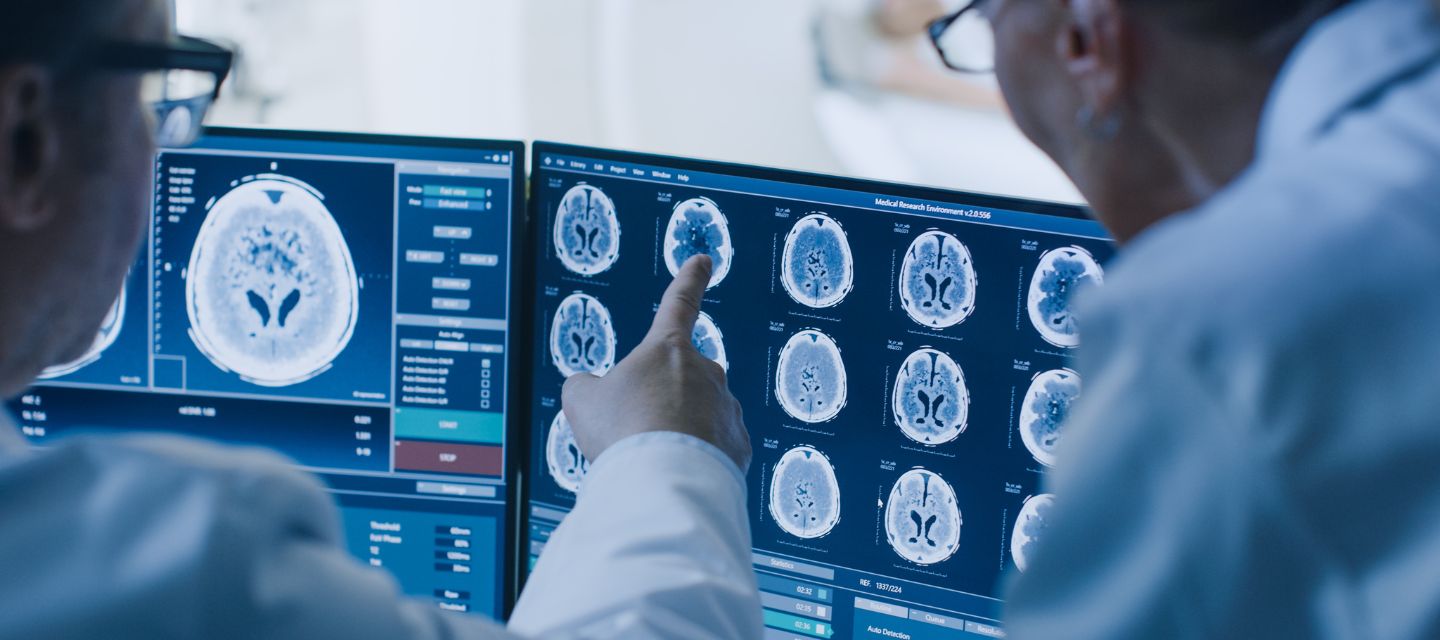
CT brain scans
CT scans are particularly effective in identifying structural abnormalities within the brain, such as tumors, hemorrhages, and injuries.
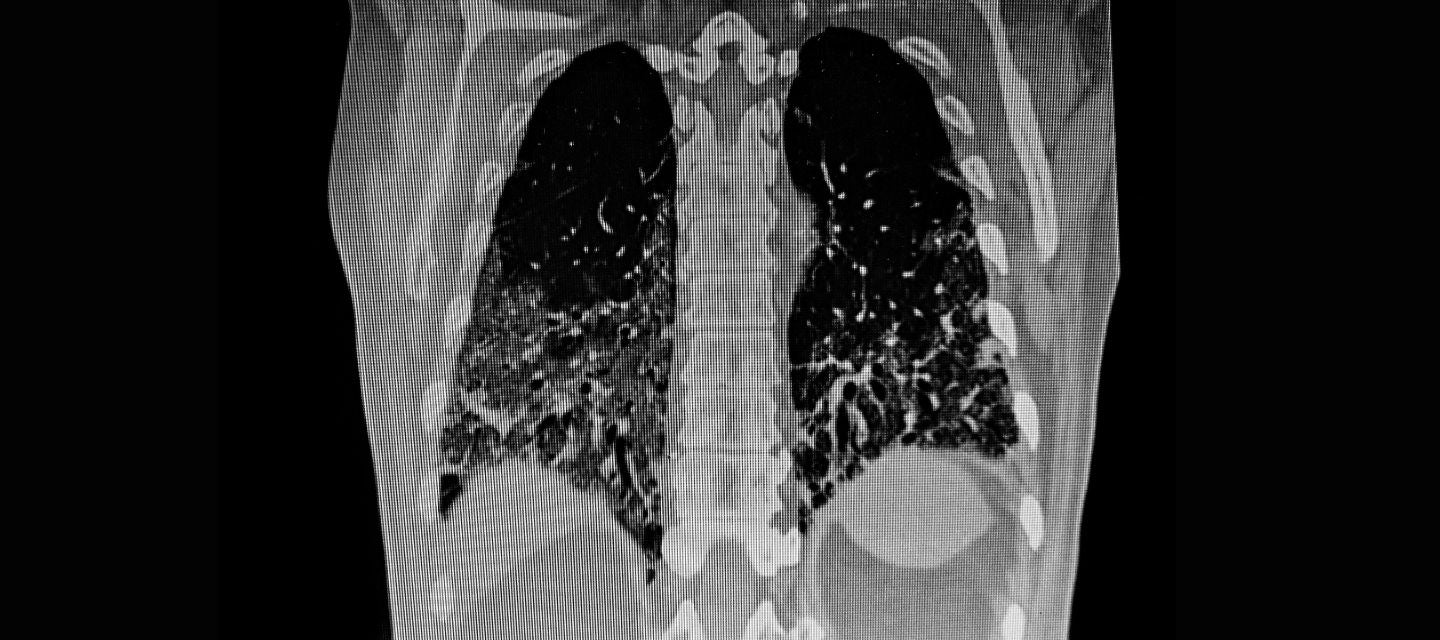
CT Chest scan
A chest CT scan can help your doctor diagnose a range of potentially serious medical conditions, including lung disease, pulmonary embolism, cardiovascular conditions, and chest injuries
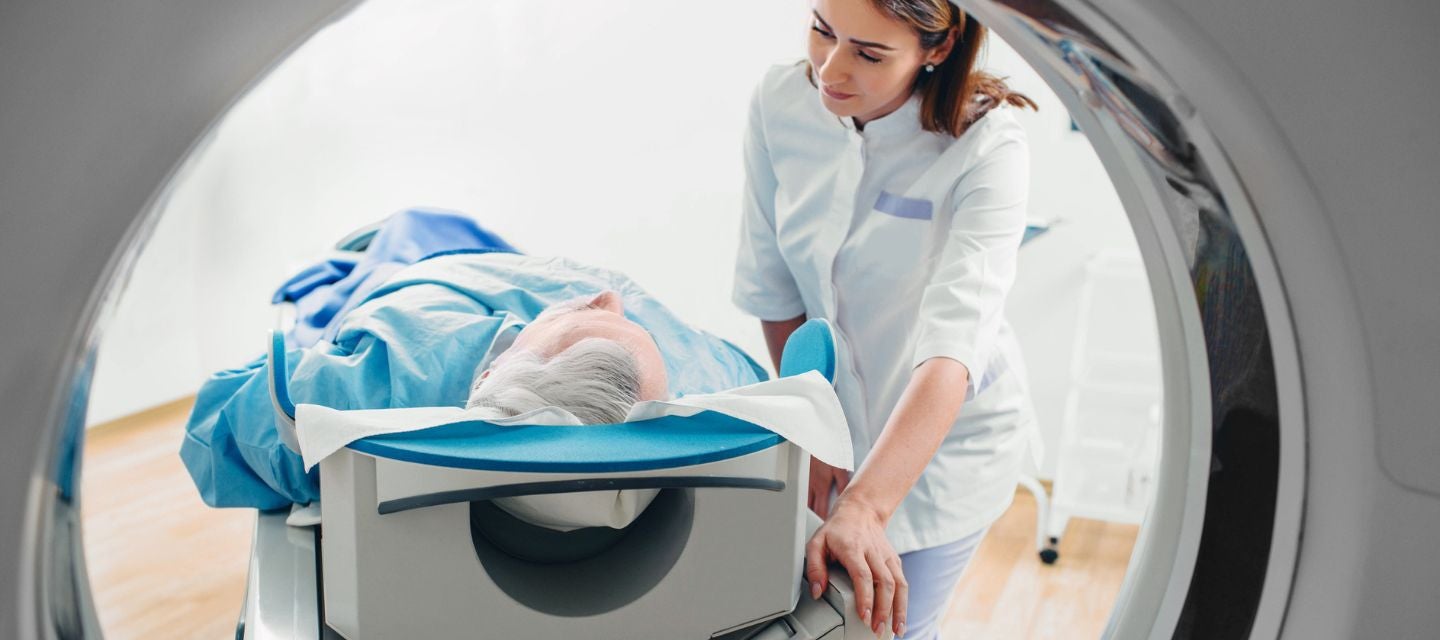
CT scans for cancer
CT scans help doctors to effectively detect, diagnose and monitor the progression of many types of cancer.
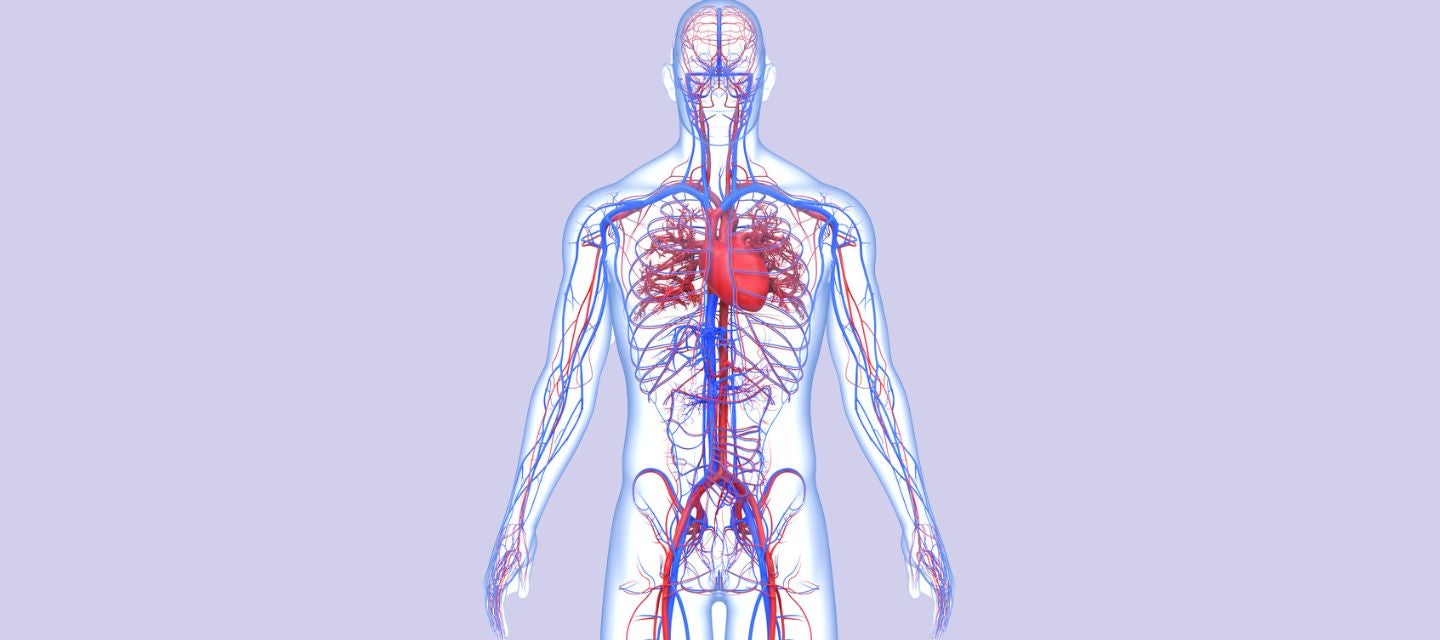
CT angiography for vascular conditions
Computed Tomography Angiography (CTA) is used to assess the calibre and flow of blood, helping to detect and diagnose a wide range of vascular conditions.
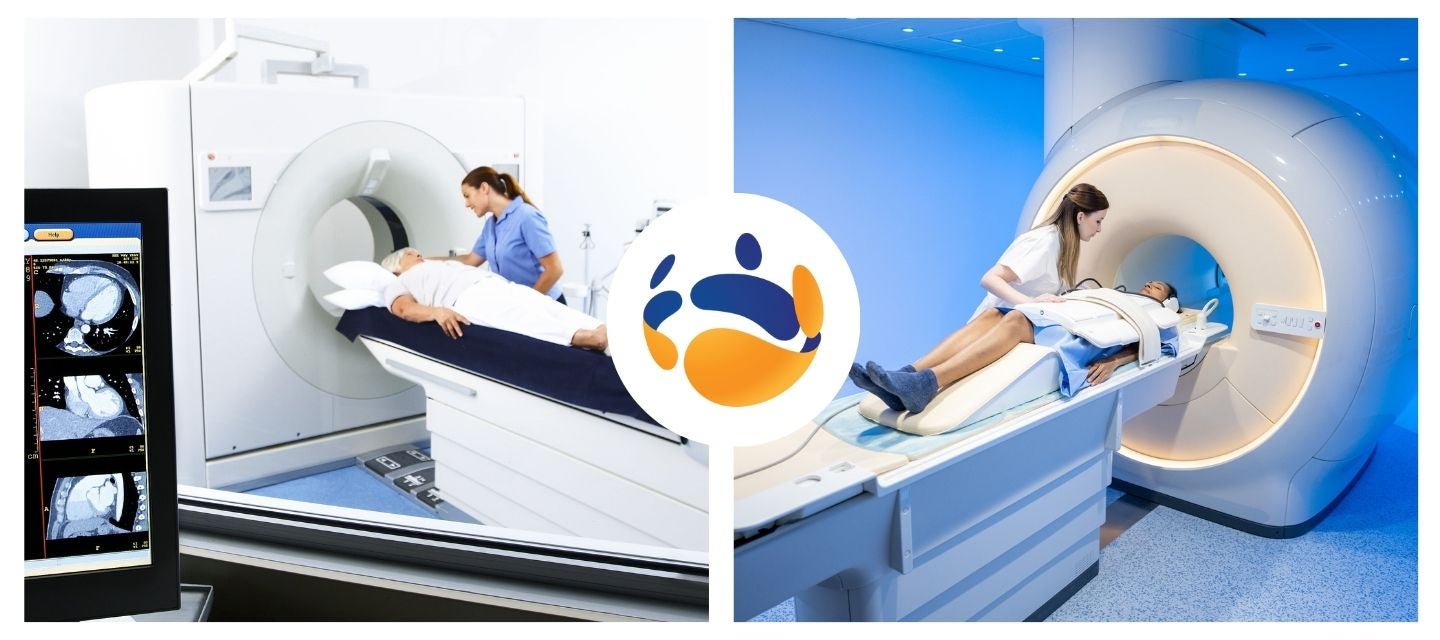
CT vs MRI
Learn the key differences between CT and MRI, including why a doctor might choose one over the other, and the benefits and limitations of each.
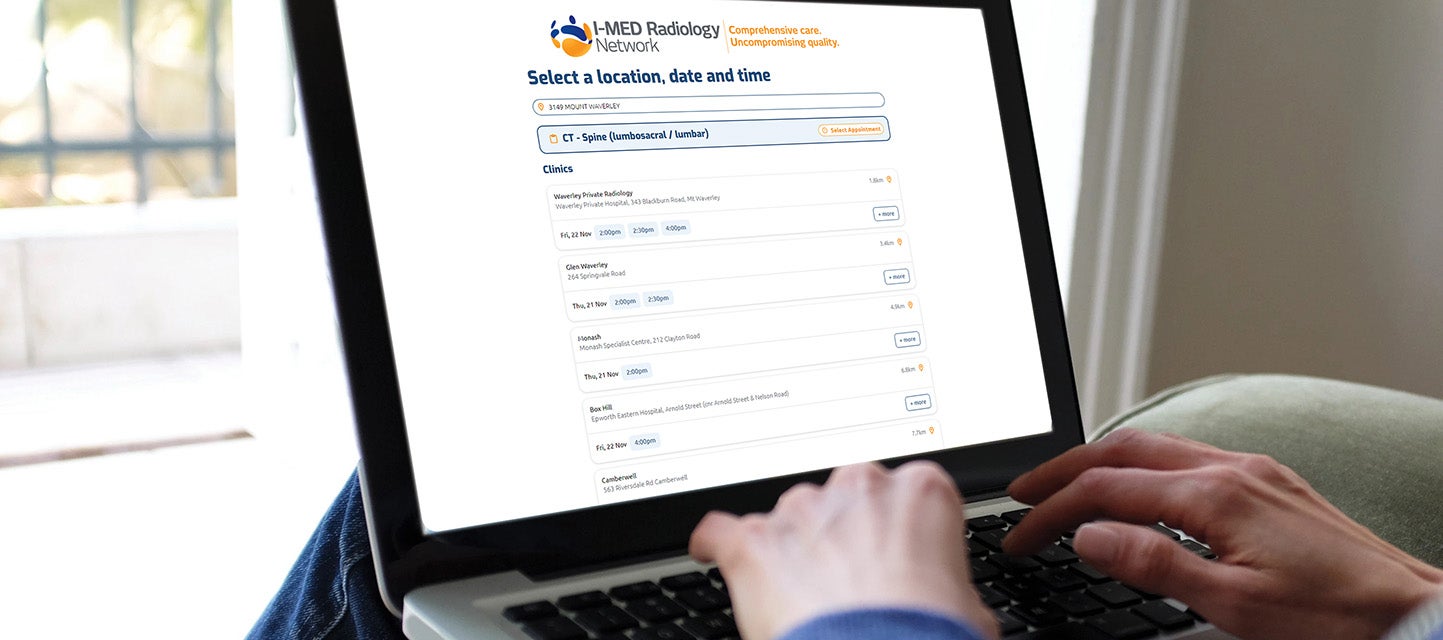
Booking your appointment online
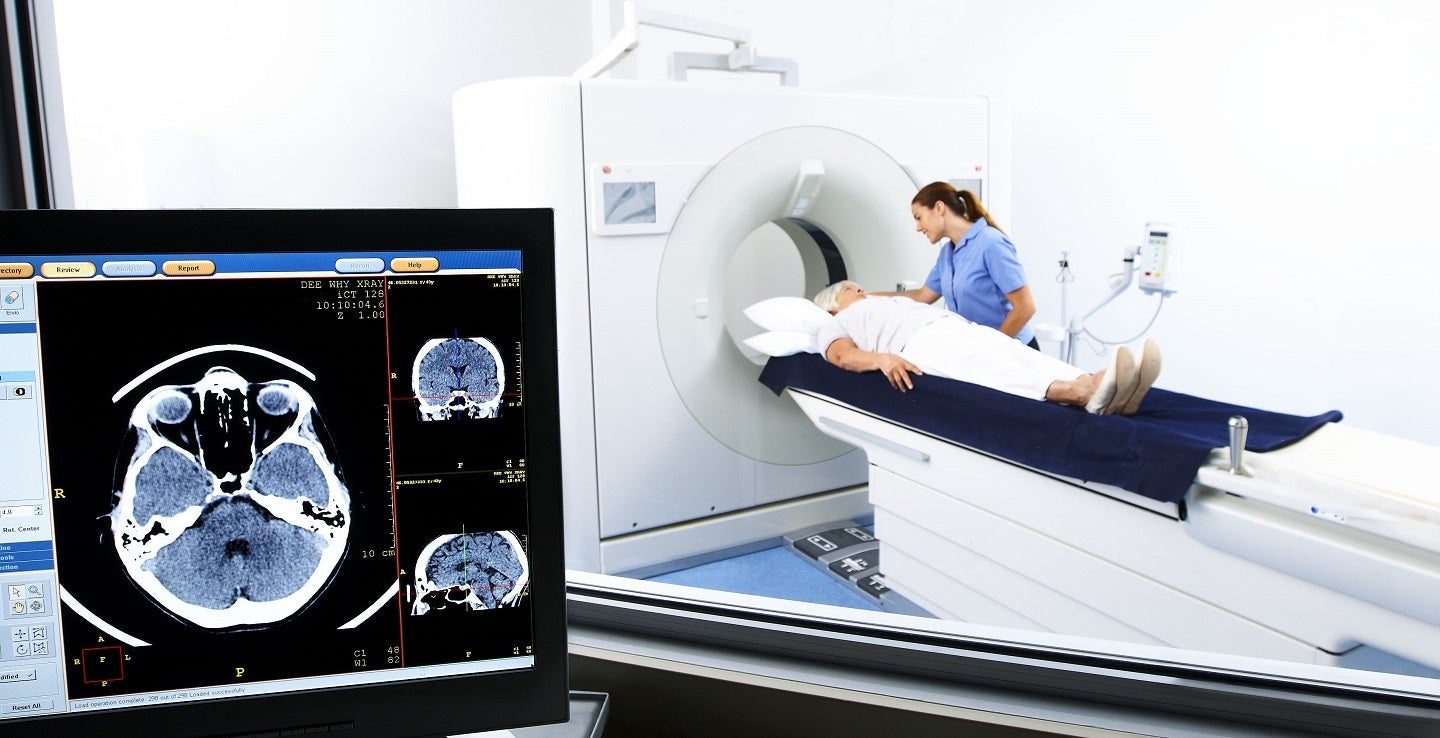
Computed tomography - CT scan
